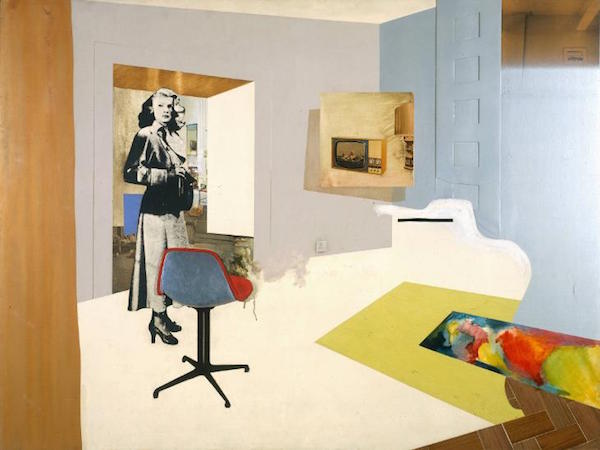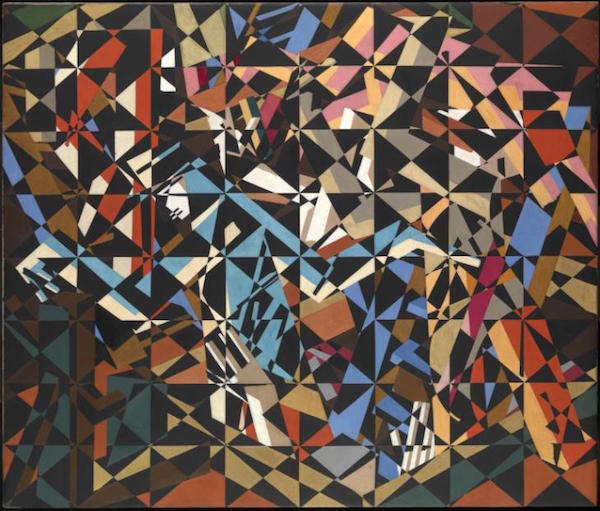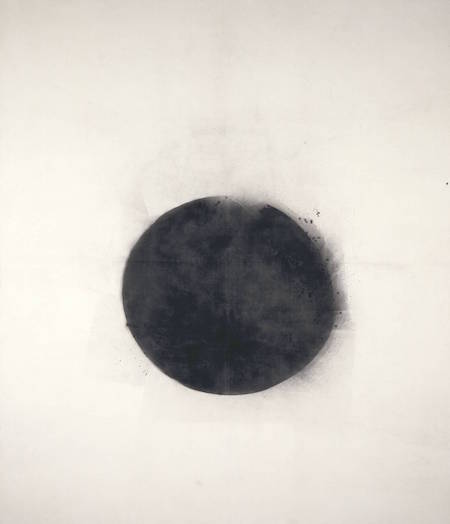Art & Exhibitions
Tate Britain Wants to Change the Way We Experience Art
Find out how a Francis Bacon painting tastes.

Find out how a Francis Bacon painting tastes.

Henri Neuendorf


David Bomberg In the Hold (ca. 1913-14)
Photo: Tate
In an effort to engender a more immersive artistic experience, Tate Britain is putting together a show which seeks to combine all five senses and challenge the perception of art as a purely visual experience.
Titled “Tate Sensorium,” the exhibition brings together the expertise of a master chocolatier, a scent expert, and an audio specialist to offer visitors a unique gallery experience where they can taste, touch, smell, and listen to art.
Featuring works by the British 20th century painters Francis Bacon, David Bomberg, Richard Hamilton, and John Latham, the show encourages visitors to use all of their senses to trigger memories and imagination.

Francis Bacon, Figure in a Landscape (1945)
Photo: Courtesy Tate
The exhibition also features cutting edge technology, including binaural and directional audio to produce 3D sound, a perfume release system to engage the sense of smell, and state-of-the-art haptic technology to recreate the sense of touch.
The revolutionary project by the creative agency Flying Objects is the winning proposal of the second annual IK Prize, which was established by Tate to explore innovative ways to experience British art through technology.
“The idea [is] that our senses work together, they are not in a vacuum,” multimedia producer at Tate Media Tony Guillan, who oversees the prize, told the Independent. “While painters obviously work in a visual medium, maybe they were inspired by non-visual things. Maybe Bacon was inspired by things he heard, tasted, or touched.”

Richard Hamilton, Interior II (1964)
Photo: The Estate of Richard Hamilton via Tate
“It is not a bit of cake and a soundtrack; these are pieces of stimuli to think about when looking at art,” Guillan clarified.
Richard Hamilton’s Interior II (1964), which depicts an actress from the 1940s, features a recreated perfume from the period.
Francis Bacon’s Figure in a Landscape (1945), meanwhile, will tackle the sensations of smell, taste, and sound, as the catering team at Tate has created a candy—which looks like chocolate yet tastes completely different—to reflect the artist’s abstract composition.

John Latham, Full Stop (1961)
Photo: John Latham Estate Courtesy of Lisson Gallery, London via Tate
Also, John Latham’s Full Stop (1961) will engage the sensations of touch and sound. Visitors holding their hands over a nearby Ultrahaptics machine will feel a recreation of the surface of the painting.
“Tate Sensorium” will be on view at Tate Britain, London, from August 26 – September 20, 2015.
Related stories:
Alex Farquharson Named New Director of Tate Britain
Something Is Desperately Wrong With the Tate and Is Nicholas Serota to Blame?